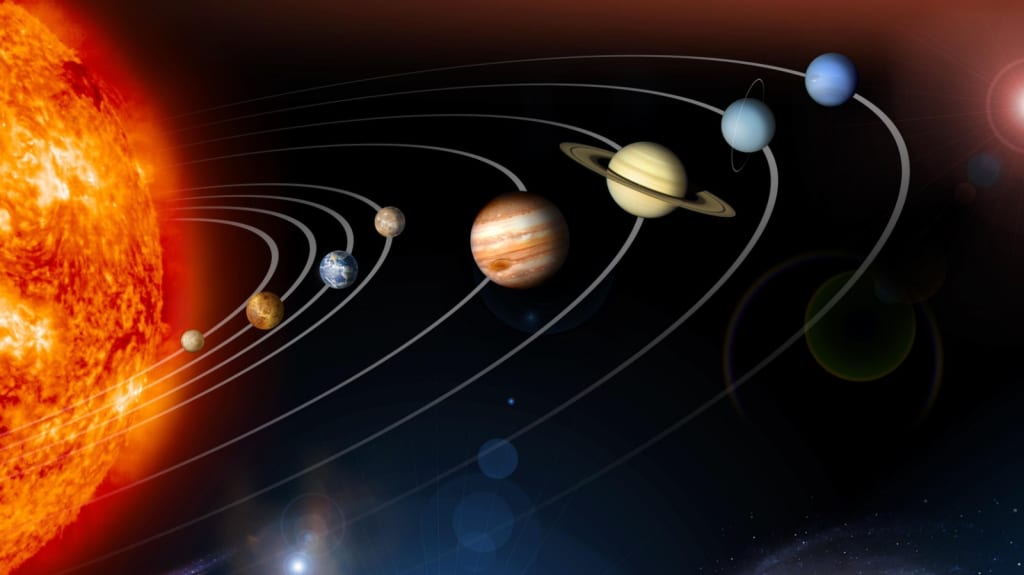
Our solar system is a fascinating and complex system that consists of the sun, eight planets, dwarf planets, moons, asteroids, comets, and other celestial objects. It is an intricate web of celestial bodies that work together to create a unique and dynamic environment in space. In this article, we will explore the different components of our solar system and their significance.
The Sun
The sun is at the center of our solar system, and it is a massive, glowing ball of gas that is over 109 times larger than Earth. It is responsible for providing light and heat to the planets in the solar system. It also produces solar flares and coronal mass ejections that can have a significant impact on the Earth's environment.
The Planets
There are eight planets in our solar system, and they are divided into two categories: the inner planets and the outer planets. The inner planets are those that are closest to the sun, and they are Mercury, Venus, Earth, and Mars. They are also known as the terrestrial planets because they are small, dense, and rocky.
The outer planets are those that are farther from the sun, and they are Jupiter, Saturn, Uranus, and Neptune. They are also known as the gas giants because they are large and composed primarily of hydrogen and helium. The gas giants have numerous moons and rings that surround them.
Dwarf Planets
In addition to the eight planets, there are also five recognized dwarf planets in our solar system. They are Ceres, Pluto, Haumea, Makemake, and Eris. These are celestial bodies that orbit the sun but are not large enough to be considered full-fledged planets. However, they still play a vital role in our solar system's dynamics.
Moons
Many of the planets in our solar system have moons that orbit around them. These moons come in all shapes and sizes and are made up of various materials. For example, Jupiter's moon Io is volcanically active, while Saturn's moon Titan has a thick atmosphere that contains methane and ethane.
Asteroids
Asteroids are rocky objects that orbit the sun, and they are typically found in the asteroid belt, which is located between Mars and Jupiter. They vary in size from small rocks to larger bodies that are hundreds of miles across. Asteroids are thought to be remnants of the early solar system and may contain valuable resources that could be mined in the future.
Comets
Comets are icy bodies that originate from the outer reaches of the solar system. They are composed of rock, dust, and frozen gases such as water, methane, and ammonia. As they approach the sun, they heat up and release gas and dust, creating a coma or a tail. Comets are thought to be remnants of the early solar system and may contain clues to the conditions that existed during that time.
The Oort Cloud
The Oort Cloud is a theoretical cloud of icy objects that is believed to be located in the outermost reaches of our solar system. It is thought to be the source of long-period comets that enter the inner solar system from time to time. The Oort Cloud is still largely a mystery, and much research is being conducted to learn more about this elusive cloud.
Conclusion
Our solar system is a complex and dynamic system that is still full of mysteries waiting to be explored. From the massive sun at its center to the icy objects of the Oort Cloud, there is a vast array of celestial bodies that work together to create a unique and fascinating environment in space. With ongoing research and exploration, we can continue to learn more about our solar system and the forces that shape it.
About the Creator
Subhan Khalil
Every moment spent in space is a reminder of the incredible beauty and complexity of our universe, and the importance of working together to explore it.
🚀🌕💫






Comments
There are no comments for this story
Be the first to respond and start the conversation.